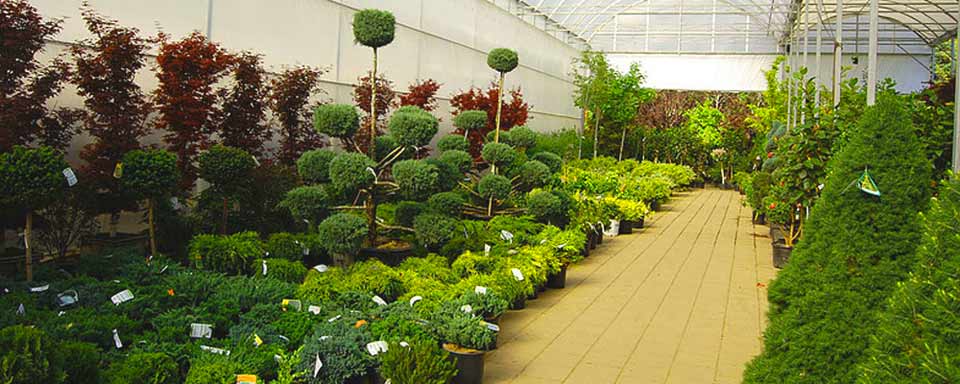
If you have ever developed or had an interest in horticulture then at one point you may have asked yourself this critical question as far as horticulture is concerned. So, what exactly is horticulture? Horticulture in its basic definition refers to the industry, art or science of plant cultivation; this includes producing, caring, improving and marketing of the garden produce for human consumption.
Horticulture aims to cultivate plants or produces plant products that can be used in various degrees such as for food, landscaping, environmental conservation, beautification, or for horticultural therapy. Horticulture in itself is a wide field of productions that involve cultivating flowers, ornamental plants, fruits or vegetables. Experts in horticulture are well versed in this term and exponentially expand its practice beyond what we would normally think of as agriculture or gardening.
Horticulture as a field of study and practices has been there since the ancient times, the term horticulture itself originates from the Latin language, etymologically the term can be deconstructed into two Latin words that are hortus and cultus meaning garden/yard and tilling respectfully. The corresponding adjective to this term is horticultural; this will imply that if you work in this field as a specialist or expat, then you will be referred to as a horticulturalist.
Horticulturalists study and work the various disciplines of plant production, plant propagation, sustainability, management, breeding, plant physiology, engineering and biochemistry of plants. They are also available at the post-secondary levels that involve harvesting preservation and marketing of the produce. Their work, in particular, involve working with; fruits, shrubs, flowers, turf, berries, trees, veggies, and nuts.
Horticulture is divided into broad areas – edibles and ornamentals the two areas of study are further broken down into nine subparts that can be studied separately they are:
- Oenology: involving all plant aspects that deal with wine and wine making.
- Arborculture: a study of plants that involve plant care, selection, removal of vines, shrubs, perennial woody plants, and vines.
- Floriculture: a field specializing in the production of and marketing of flower plants.
- Pomology: a field that performs the production and selling of pomes.
- Viticulture: a field that specializes in grapes.
- Turf management:, involving management and production of turf grass meant for sports and entertainment.
- Olericulture: a field involving the production of vegetables.
- Landscape horticulture, a field that involves the design and management of landscapes.
- Post harvest physiology: a field that involves the care of soil to prevent the destruction of soil animals and plants.
Horticulture is practiced at various level that is in plant growth centres, gardens, and plant nurseries when horticulturalist are involved in the preparation and management of seedlings. Trained horticulturalists who are equipped with the right knowledge work can work as propagators, systems engineer, culture specialist for; ornamentals, vegetable fruits, and turf; as well they can work as plant retail or wholesale managers, researchers, extension specialist, teachers and plant breeders.
Horticulture affects us each day; it provides us with high-quality vegetables and fruits that help us keep a balanced diet and maintains healthy bodies. Through bodies such as global horticulture initiative more efforts and the collective partnership has been enhanced over the past. Such worldwide collaborative initiatives have greatly helped increase food production and subsequently helped reduce poverty in the world.